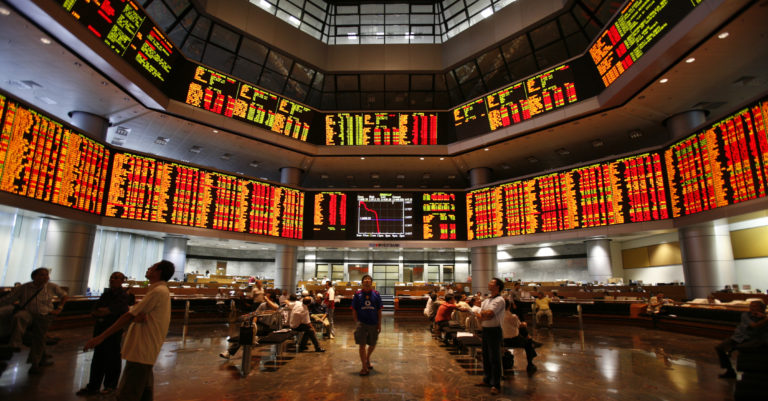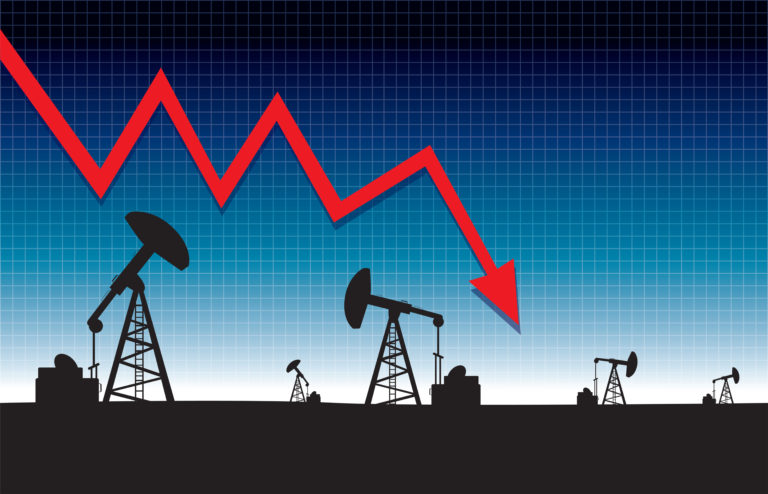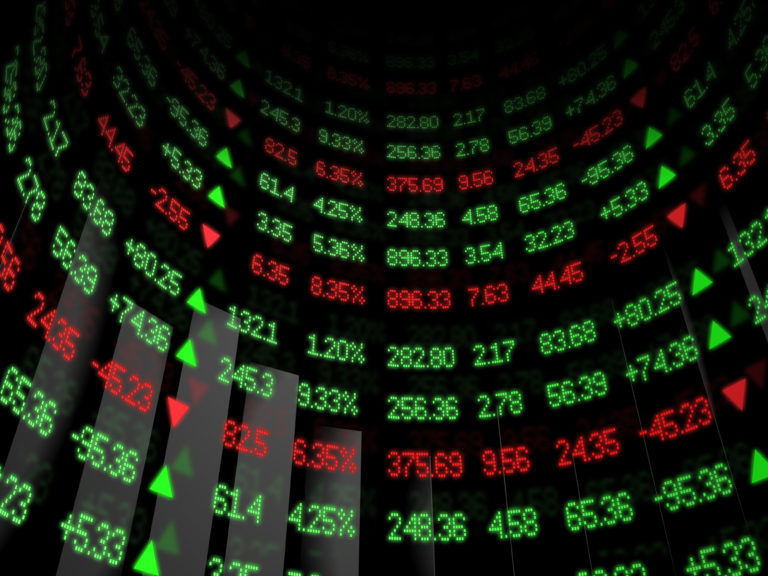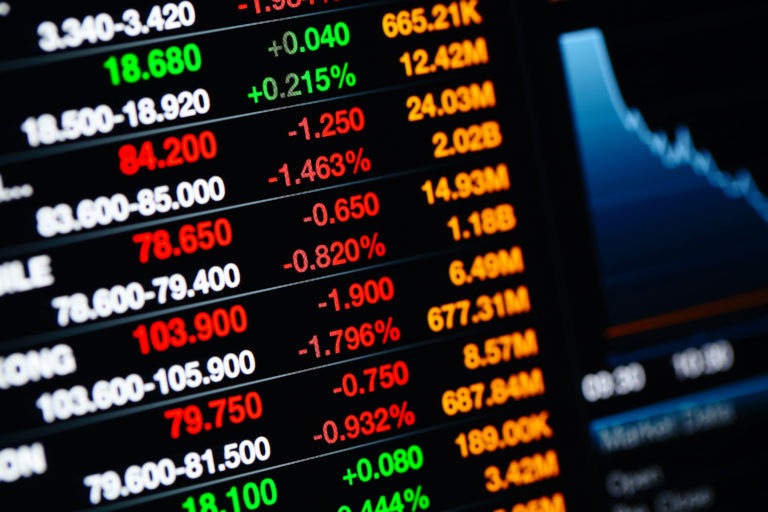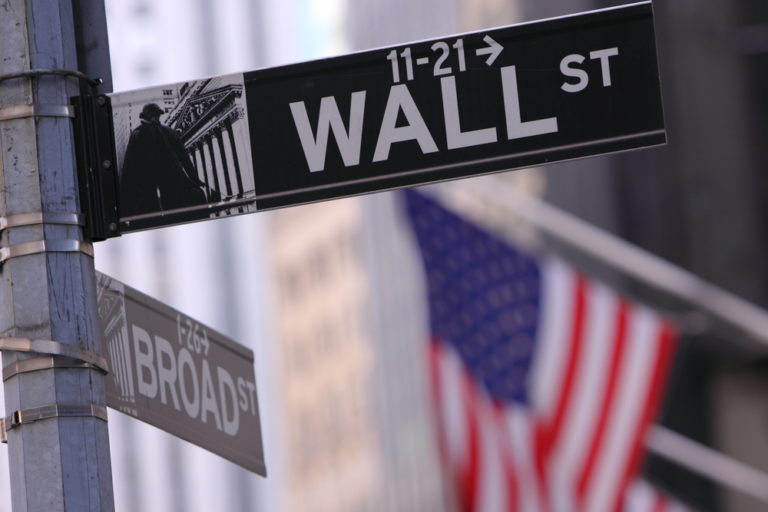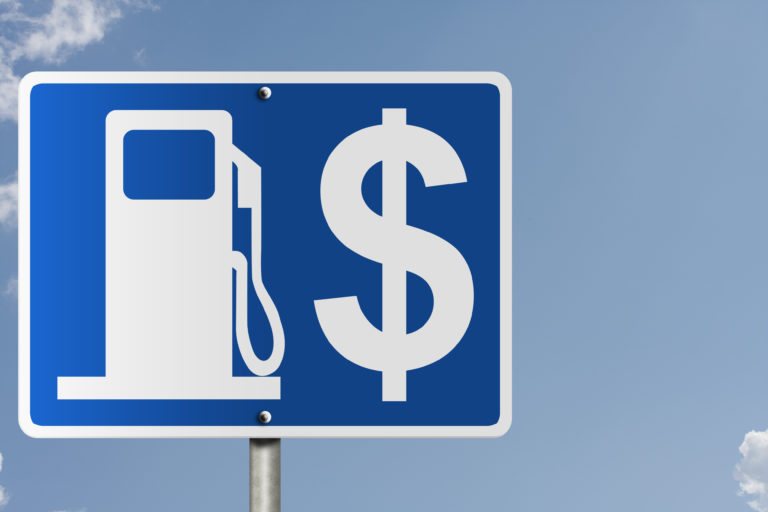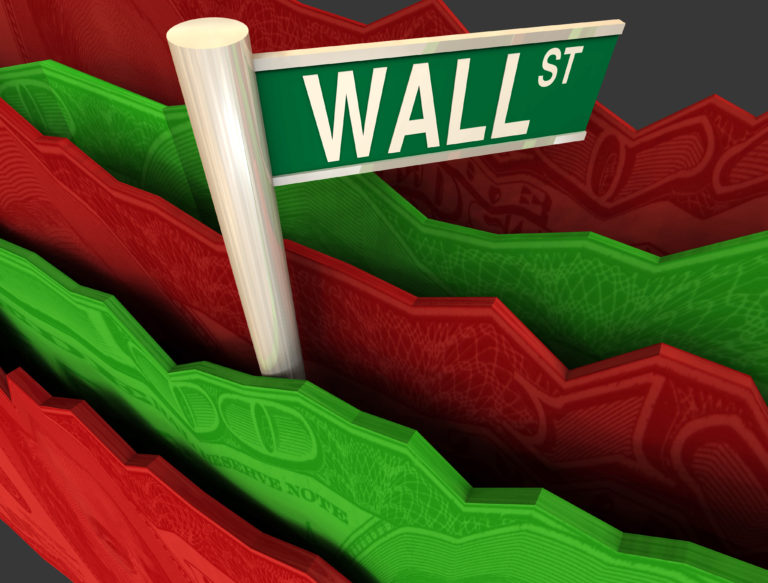In the past eight months, the average price for a gallon of gasoline in the United States has been slashed nearly in half—from $3.69 at the end of June 2014 to $2.03 on January 19.
Historically, falling gas prices have been beneficial to the individual consumer as well as the economy. Consumer benefits are obvious—the Energy Information Institute estimates that the average U.S. driver will save $550 on gasoline in 2015. On the grander scale, AAA reports that American drivers will save a total of $75 billion on gasoline this year.
But in the months where gas prices saw the steepest declines—December and January—retail sales figures fell similarly—almost a full percentage point in December, and another 0.8 percent in January. This befuddled economists, who pointed to statistics showing that low gasoline prices mean robust retail sales. So what happened?
Healthcare costs. The Affordable Care Act is proving to be a misnomer, as research shows that healthcare costs to the individual will climb another 7 percent this year. That figure doesn’t include reduction in employer contributions toward healthcare costs—a reality for many Americans. It’s safe to assume that this increase is eating up some of the savings from lower gasoline prices.
Paying down debt. Big-picture debt—credit cards, college student loans, etc.—can receive some of the credit (or blame) for the slowdown in spending. A likelier explanation, however, is that consumers are using the money saved at the pump to pay down or pay off leftover bills.
Saving for a rainy day. Other consumers are hoping to avoid that debt altogether by adding to their savings accounts. The Commerce Department reported that the personal savings rate grew to 4.9 percent in December—up from 4.3 percent the previous month.
Perspective. Numbers like $550 saved per person on gasoline in 2015, or $75 billion saved nationwide, are great for eye-catching headlines. But gasoline is a purchase made repeatedly over time—usually weekly—for Americans. So in reality, that’s an extra $10 per week for each consumer—not exactly “go out and splurge”-type money.
The past couple of weeks have seen oil prices recover to an extent—and gas prices have risen as well. It will be interesting to see, as 2015 goes on, how prices change and the effect it will have on consumer behavior.
No one will argue with an extra $10 per week in spending money—but the data we’ve seen thus far makes it hard to argue that lower gasoline prices will be the saving grace of the U.S. economy.




